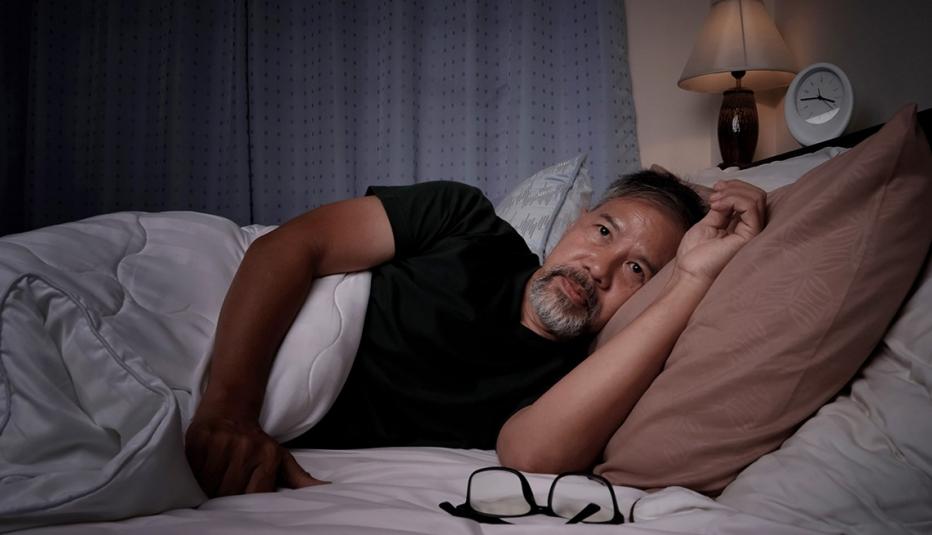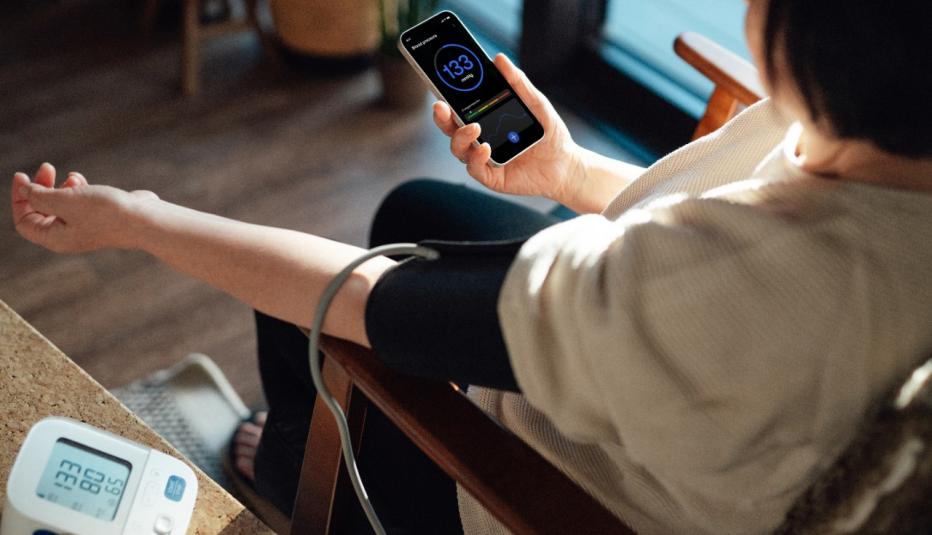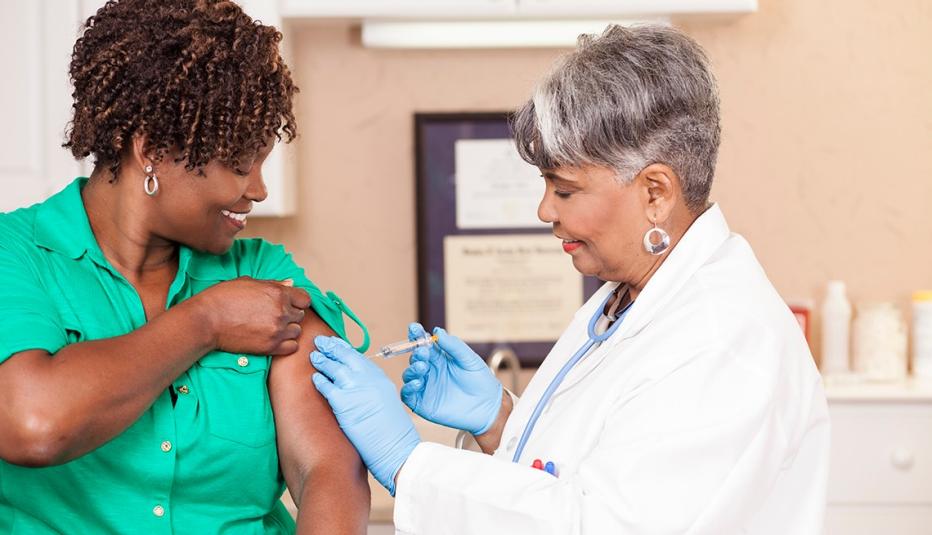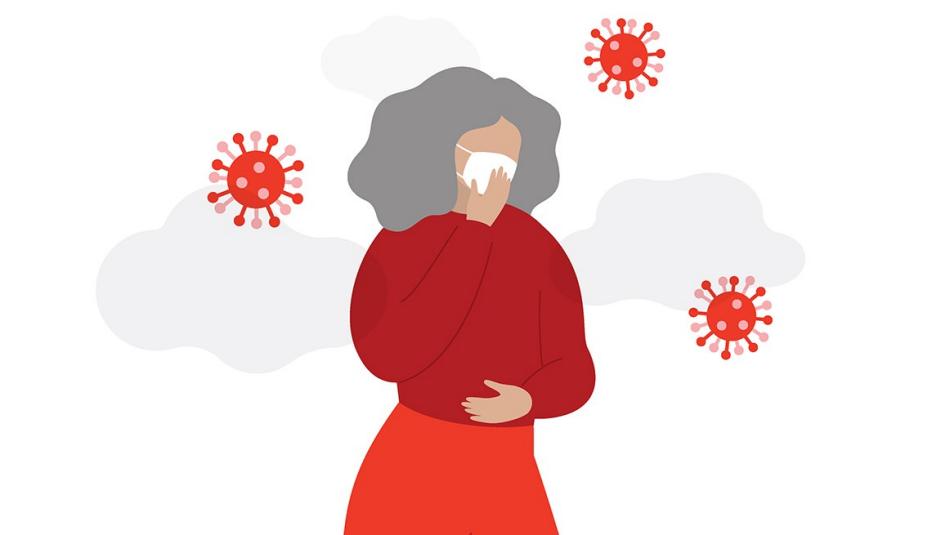AARP Hearing Center
Problems with hearing are common as people age. While a new AARP national survey shows the vast majority of people over age 50 recognize the importance of hearing to overall health, some don’t do all they can to protect themselves from hearing loss.


Nearly two-thirds (65%) of adults age 50 and over say their hearing has declined — with men significantly more likely to experience hearing loss than women, according to an AARP sample of older Americans polled in January.
Causes of age-related hearing loss are varied. It can be linked to changes to the inner ear, certain medications, or underlying conditions. In addition, some older adults encounter problems due to long-term exposure to noise.
Most older Americans (86%) agree that hearing health is important to maintaining their quality of life, the research found. About half (52%) say it’s extremely or very important to reduce exposure to noise, and 37% say it’s somewhat important.
If an issue arose, 28% of adults age 50 and over reported that they would be extremely likely to get a hearing checkup; 43% were very likely, and 23% somewhat likely.
Yet, older adults lack awareness of how to prevent hearing loss — specifically, what individuals can do to maintain their hearing and, conversely, the potential consequences of not taking prevention steps.
Among adults who do not currently have any difficulty hearing, looking ahead to a time when they might be experiencing some hearing issues, 41% of respondents said they would be apt to use a device to protect their hearing from loud noise. About one-quarter (27%) of adults who already have difficulty hearing say they would be likely to do so.
As for loud restaurants, 42% with good hearing now say they would avoid them, and 34% would ask to be seated in a quiet section if their hearing declined. Still, 59% of survey participants (women more than men) overall like the idea of bars and restaurants offering customers a quiet room option. Just 15% of respondents say they would avoid social gatherings if they were hearing impaired.
Thanks to a rule change by the U.S. Food and Drug Administration last fall, hearing aids can be purchased over the counter without a doctor’s prescription. About 70% of older adults knew of this easier access (with awareness greater among men and those age 65-plus), according to AARP. For 35% of respondents, the availability makes them more likely to buy hearing aids if needed, while it made no difference to 59%.
Methodology
The research is based on a survey conducted by phone and online in January 2023 of a nationally representative sample of 1,004 people over age 50. Respondents were asked to assess their own hearing and were asked about actions they would take should they experience a hearing loss.
For more information, please contact Laura Mehegan at lmehegan@aarp.org. For media inquiries, contact External Relations at media@aarp.org.





































































